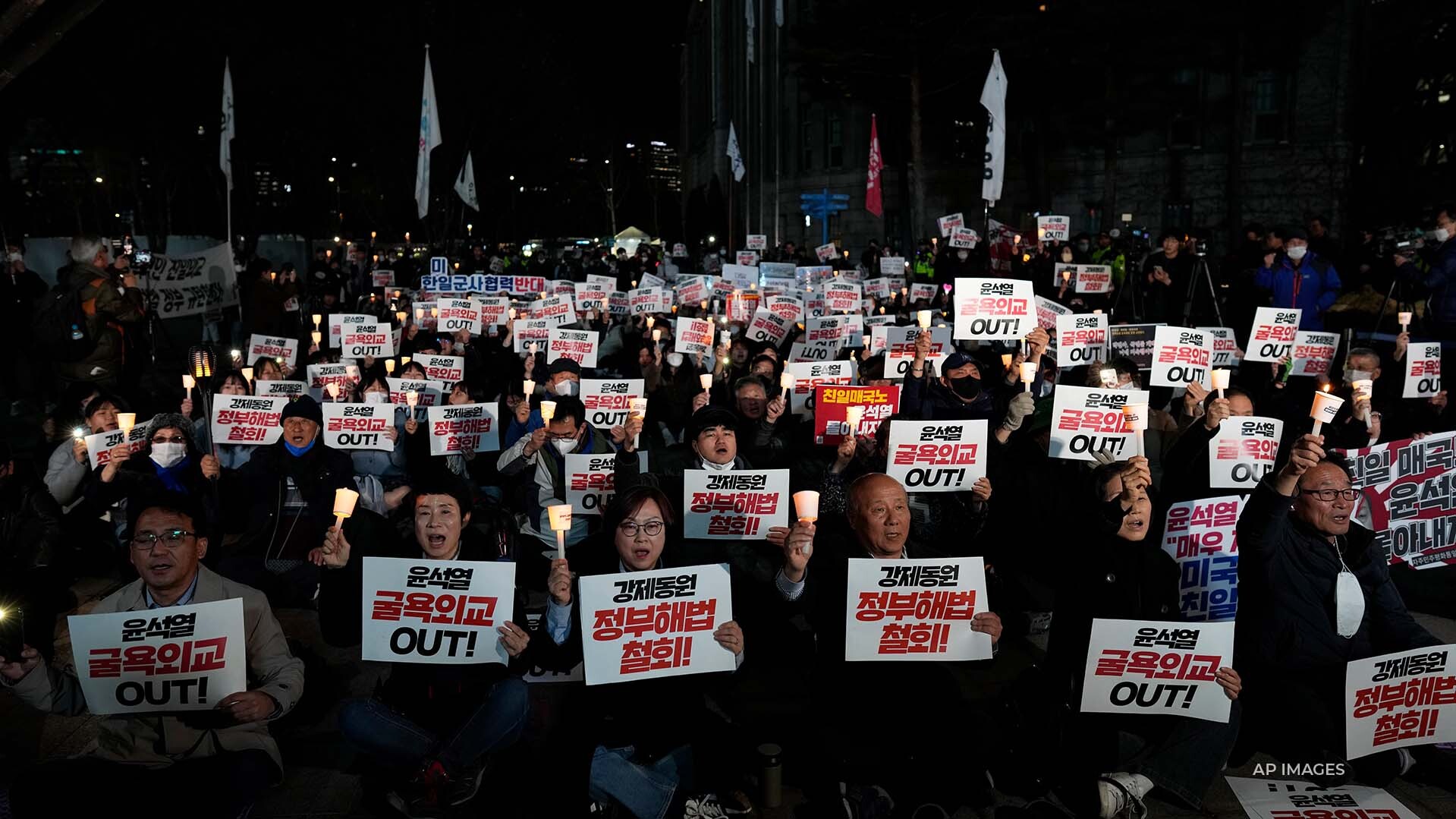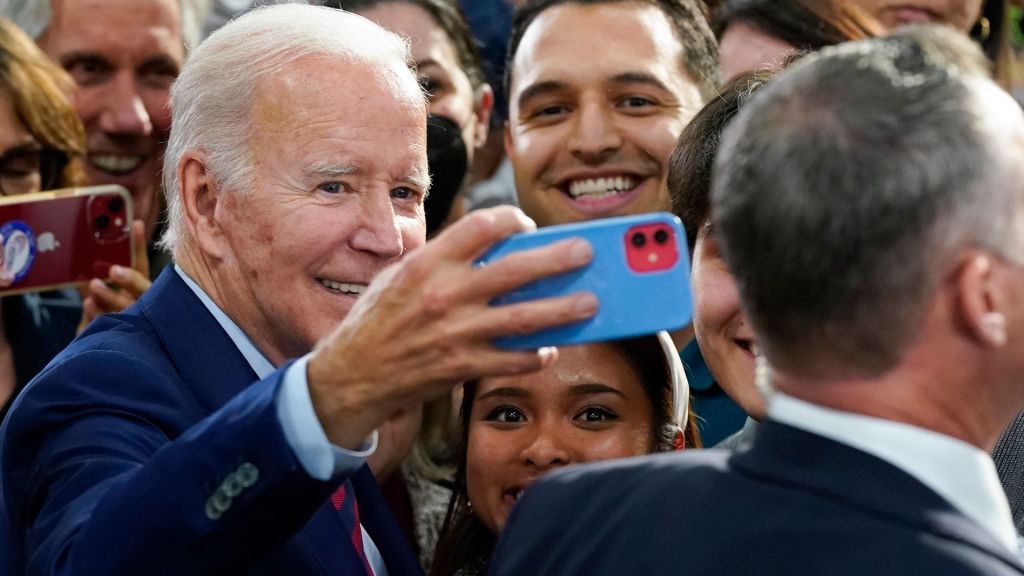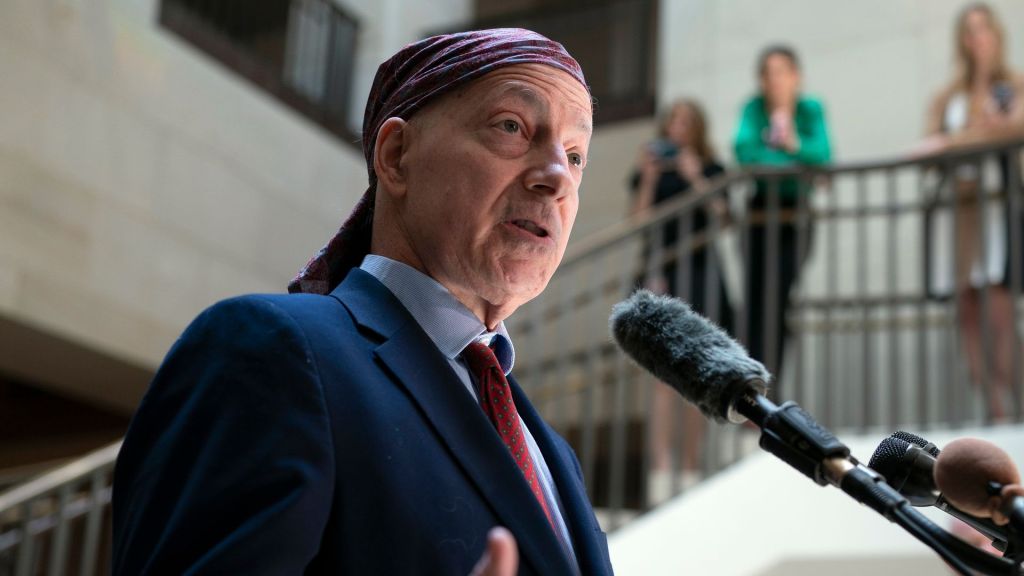
South Korea announced it will provide compensation to victims who were forced to work while the country was under Japanese rule. It’s an attempt to heal an old wound that goes back more than 100 years.
Japan ruled the Korean Peninsula from 1910 to 1945. During that time, hundreds of thousands of Koreans were forced to work for Japanese companies. And during WWII, thousands of Korean women were held as sex slaves for the Japanese military.
According to the announcement, victims will be compensated by a state-run foundation in South Korea that is funded by civilian donations and the private sector. Japanese companies have no obligation to make any payments, they just have the option to donate. Lawyers and representatives for the victims, many of whom have passed away or are in their 90’s, are not happy. They want the money to come from Japanese companies, and an apology to come from the Japanese government.
“(Japan’s reaction) is like a ceremony Tokyo has done for South Korea’s domestic politics to hide (Seoul’s) diplomatic failures. This situation is as if South Korean Korean government is pleading the Japanese government to do something because it can’t get anything from Tokyo.”
The United States is excited about this announcement because it strengthens ties between two key allies and helps all three countries stand together against China and a nuclear capable North Korea.
President Biden said it is a quote: “critical step to forge a future for the Korean and Japanese people that is safer, more secure, and more prosperous.”
Secretary of State Antony Blinken said quote: “The trilateral relationship between the United States, the ROK, and Japan is central to our shared vision of a free and open Indo-Pacific region…”
Straight from DC, I’m Ray Bogan.






